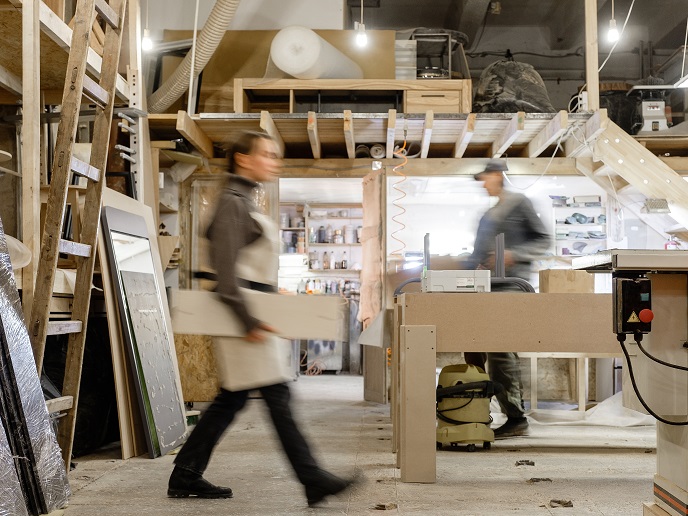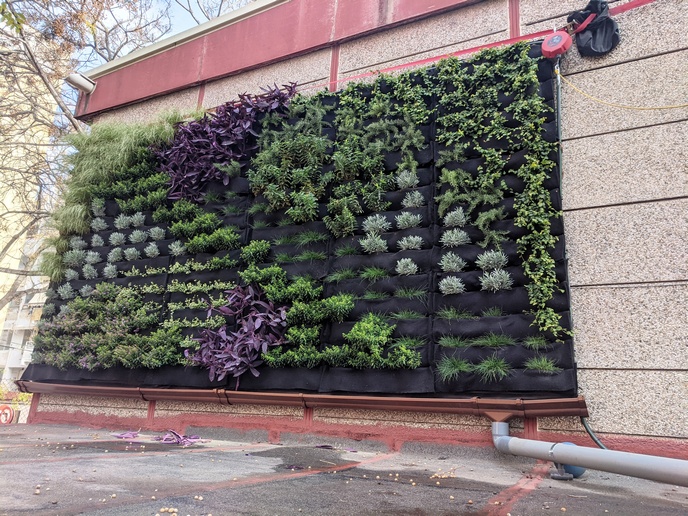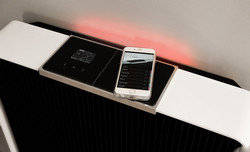Some assembly required: providing tools for bespoke furniture design
European consumers increasingly look for personalised products that meet their individual needs. This is a challenge for traditional manufacturers which rely on the scale and economics of centralised mass production. For a while, the decentralised do-it-yourself model met this need. Small companies or individuals crowdsourced design ideas, exploited low-cost design and manufacturing tools, and outsourced capital-intensive manufacturing and distribution. Recently, the ‘do-it-together’ (DIT) design philosophy has attempted to marry these two approaches. The EU-funded INEDIT(opens in new window) (open INnovation Ecosystems for Do It Together process) project sought to develop a DIT process adapted to the furniture industry, and to demonstrate this in real-life test cases. “Open online communities that involve people with different skills and expertise have evolved,” explains project coordinator Benjamin Poussard from ENSAM(opens in new window) in France. “These forms of social collaboration have been facilitated by social media, which enables people to communicate and share ideas.”
Co-creation and open manufacturing
However, co-creating a piece of furniture – from concept to manufacture – requires a deep understanding of the context, needs and constraints of what consumers are demanding, as well as necessary skills. “This is a key challenge for the furniture industry,” says Poussard. “How do we connect people, and what technologies and processes are needed? And how can we provide simple processes for local manufacturers to produce bespoke furniture, on demand and at a reasonable cost?” The INEDIT project set out to address these issues. It identified a key need to ensure the continuity of digital information, from the original idea to the manufactured product, in order that the data can be used at different stages of the process. This means, for example, being able to generate files that can be read by furniture manufacturing machines, as well as designs in PDF documents for craftspeople. To facilitate collaboration on furniture design, the project team developed the DesignTogether(opens in new window) platform. This includes a website, mobile app, immersive virtual reality app and other interactive and immersive technologies developed by project partners. Next, the project sought to demonstrate the feasibility of the DIT process in four manufacturing use cases. These included: recycling and 3D-printing plastic; 3D-printing bespoke wood products; adding smart functions to furniture; and new innovations in computer numerical control (CNC) woodworking machines. “The co-creation part of the project focused on how people meet, collaborate and use the digital platform to create design data,” remarks Poussard. “In the open manufacturing phase, we set out to demonstrate how we can produce products in innovative ways.” In the CNC woodworking use case for example, a key aim was to demonstrate how technological solutions could help workers with on-demand production. Bespoke furniture requires changing the settings of the machinery every time; the integrated solution assists the operator in preparing the machine for this.
A viable do-it-together process
The project’s technology partners have already been able to market some of their solutions – such as a 3D scanning module – as stand-alone products. Still, more work needs to be done before the DIT process is fully market-ready. “These co-creation technologies need to be made widely available at home or in identified innovation spaces, and they need to be simple to use,” notes Poussard. “Some technologies – such as 3D wood printing – still require further research to achieve market-ready results.” Nonetheless, the hope is that INEDIT will help to reduce wasteful mass production and promote personalised manufacturing in furniture and beyond. “For manufacturers, this process offers a new way of collaborating with customers for bespoke on-demand furniture,” says Poussard.







